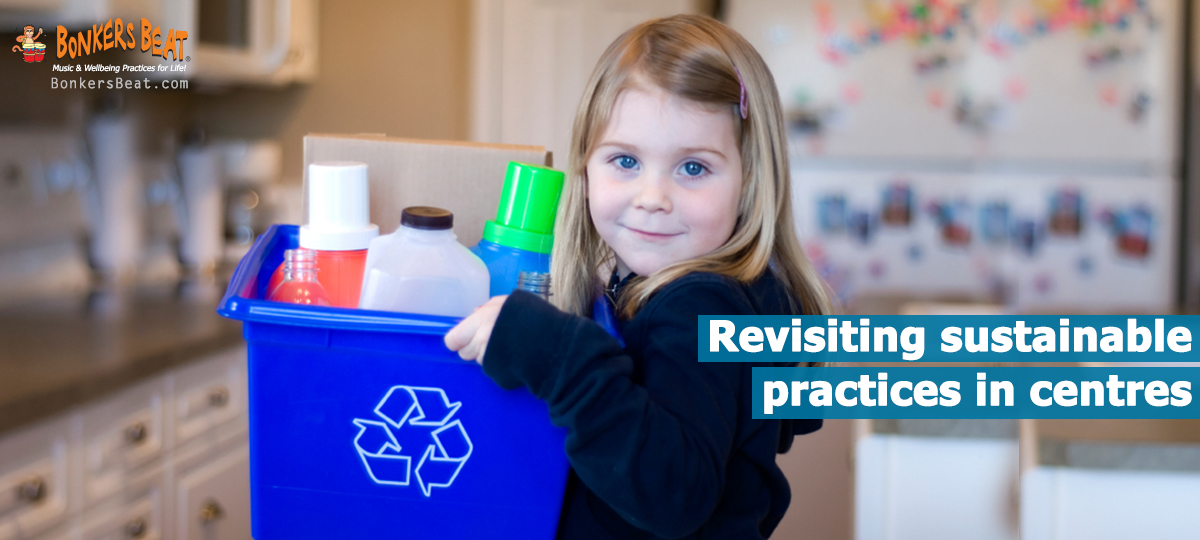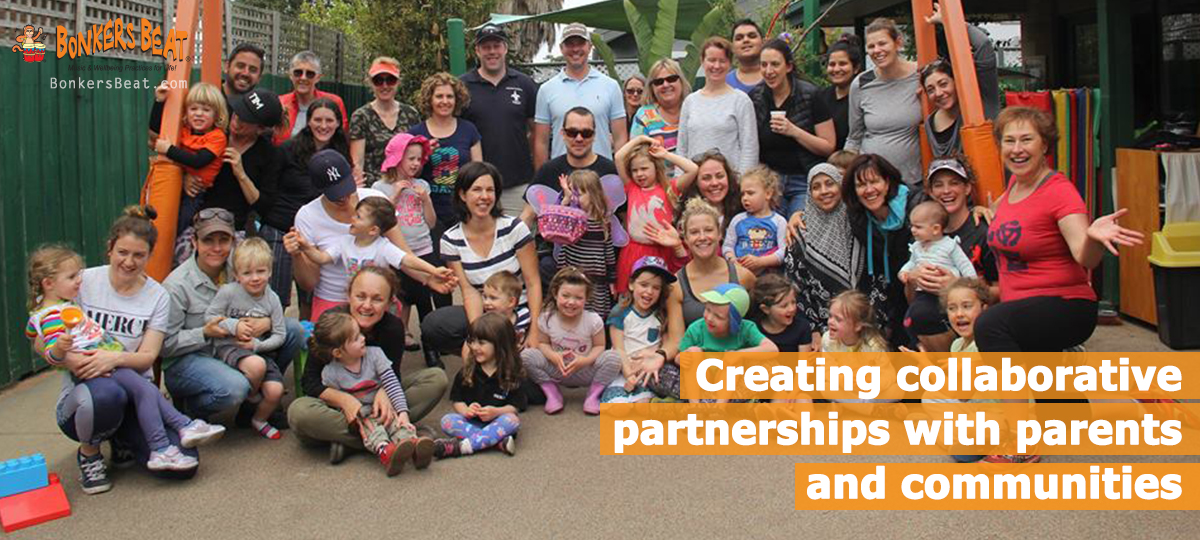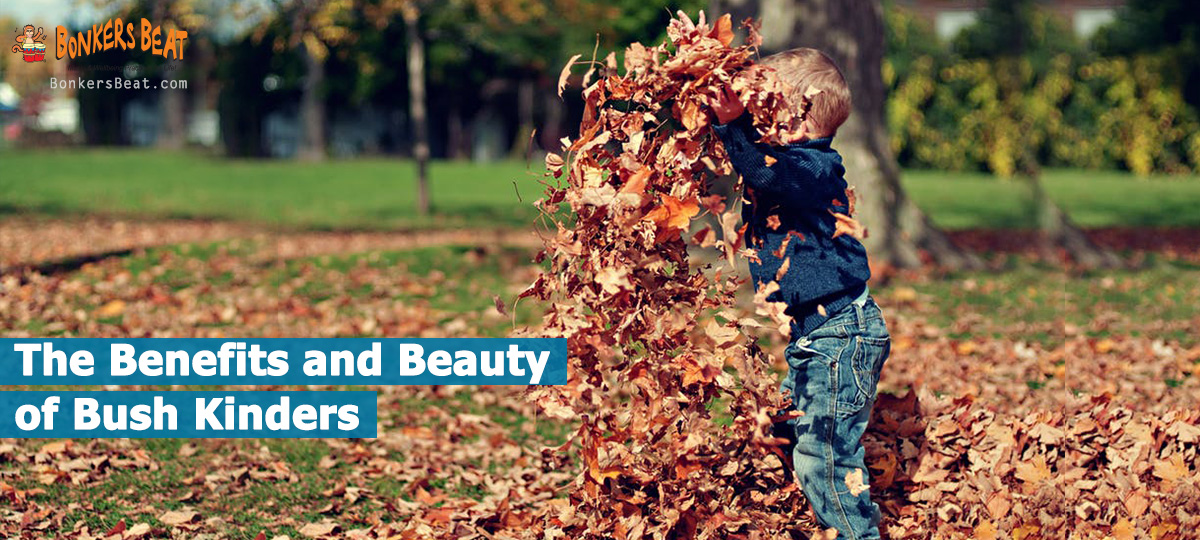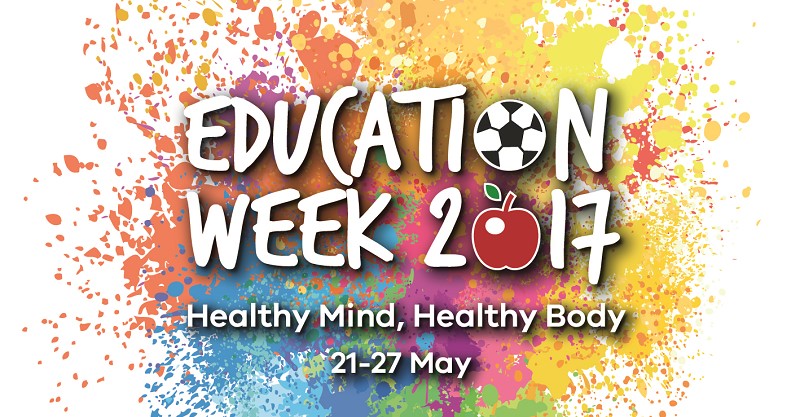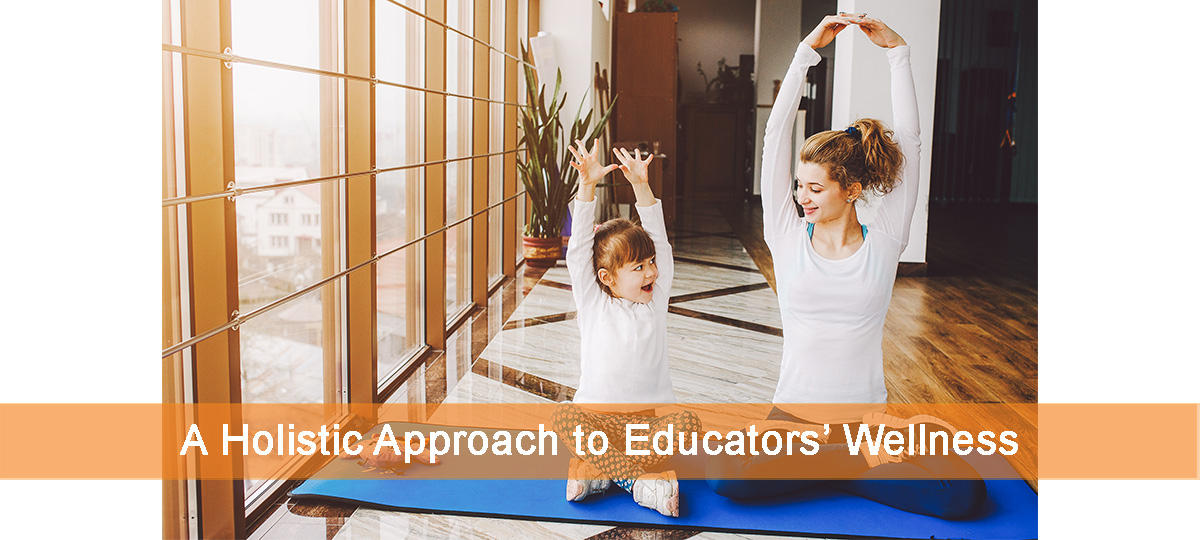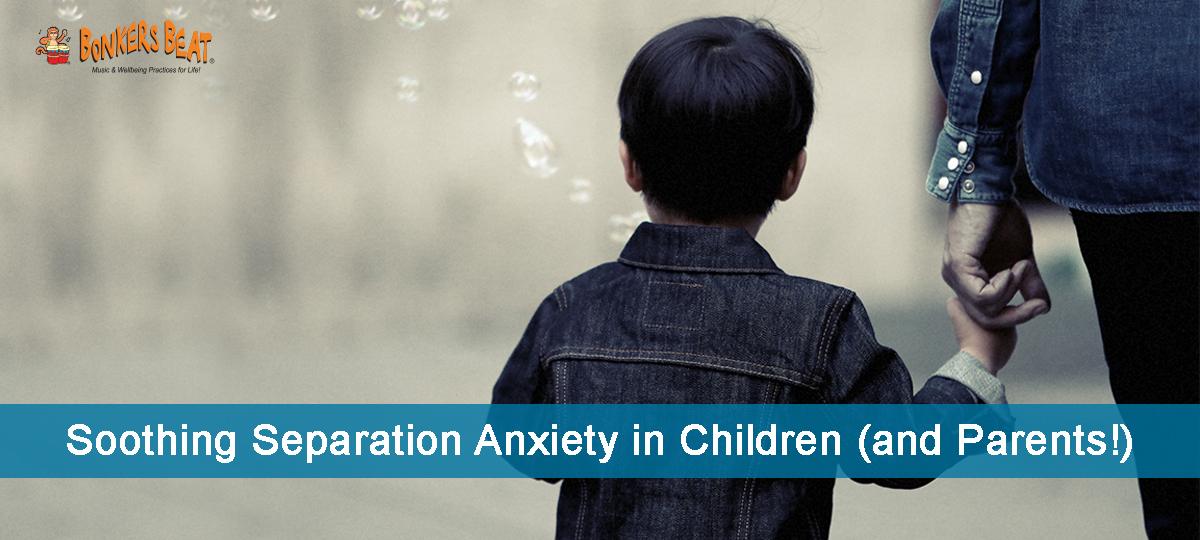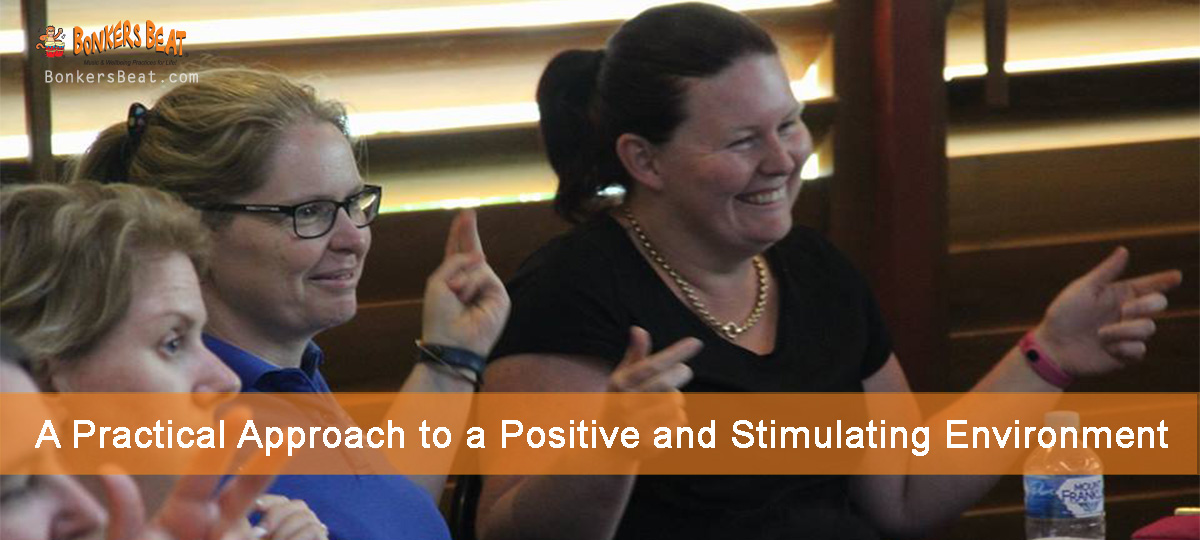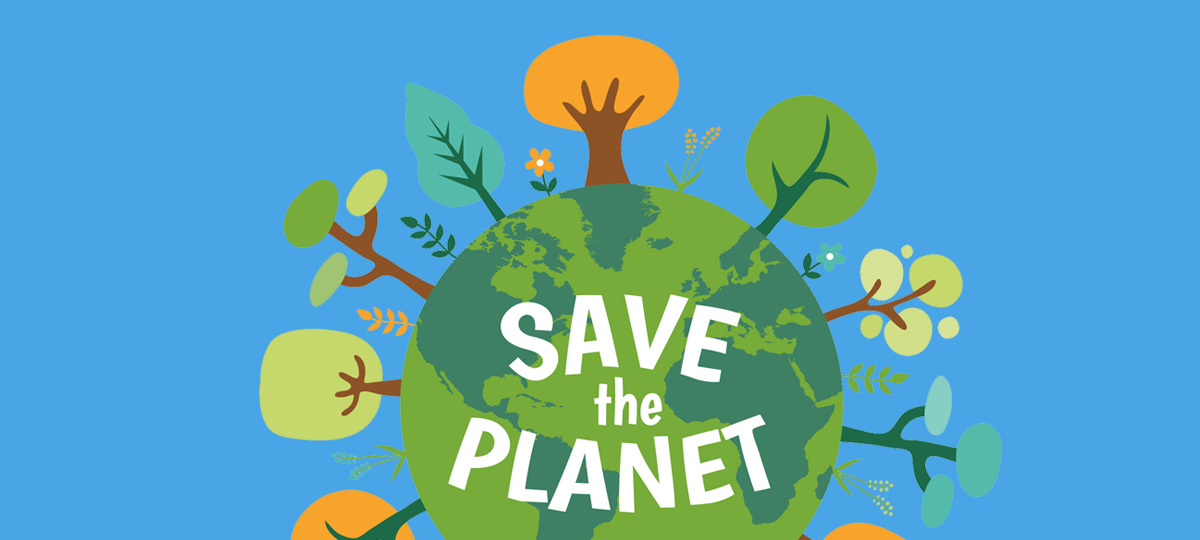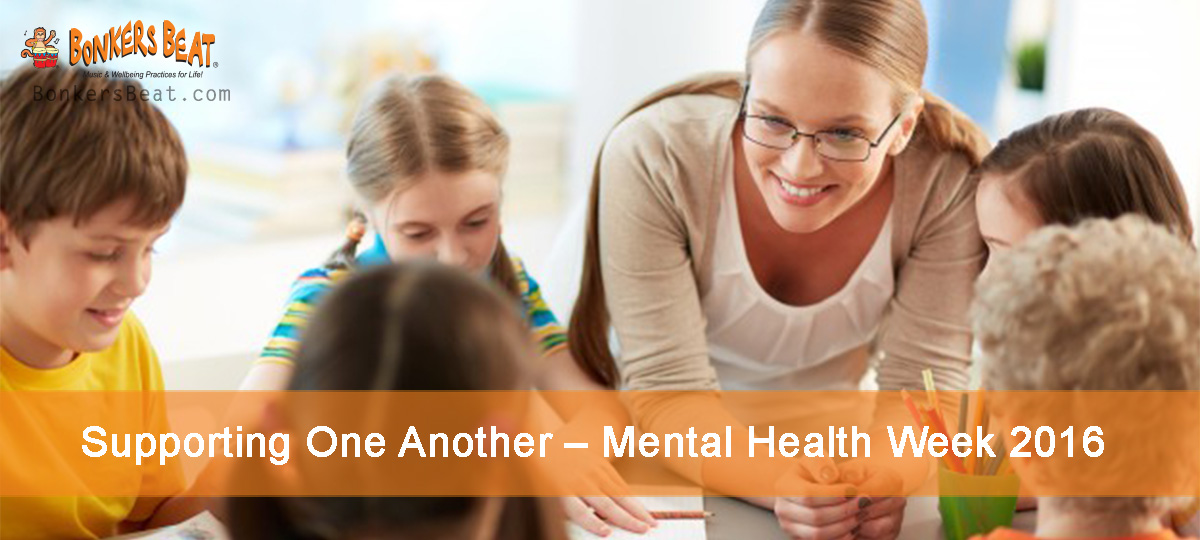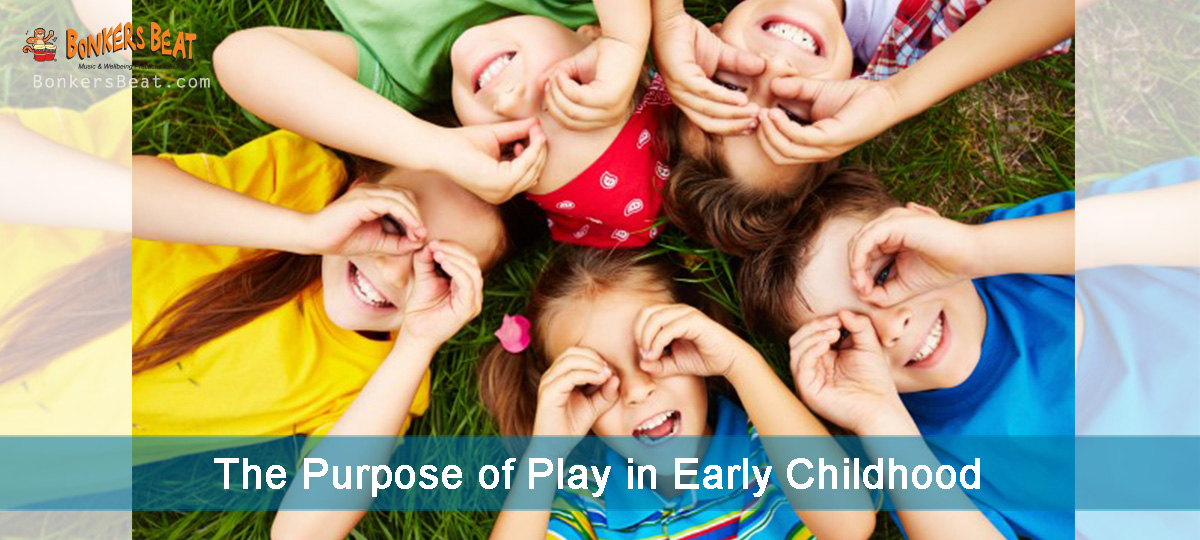Recycling Week is coming up from November 13 – 19, with this year’s theme ‘What goes around: Why buying recycled matters’.
Sustainability is really important to us and we think it should be to everyone. The Bonkers Beat programs have a focus on sustainability and showing children how to take care of the planet, as well as each other. This is also a focus area for the National Quality Standard, with Standard 3.3 of the NQS stating: ‘The service takes an active role in caring for its environment and contributes to a sustainable future.‘ (ACECQA)
Sustainability in action
Bonkers Beat Music Kinder in Aspendale was filmed by VEA for training purposes on how to incorporate sustainability into early childhood services. Take a look to get some ideas and inspiration for sustainable practices.
The cycle of recycling
The theme of this year’s Recycling Week, ‘What Goes Around: Why Buying Recycled Matters’ inspires us to think carefully about where we source the things we need, and what we do with things we no longer need.
The message is simple: if you no longer want or need something, don’t just dispose of it. If it works, chances are someone else wants or needs it! And the item you’re looking for could be the very item someone else no longer requires.
When it comes to electronics, homewares and clothes, don’t throw them out. Offer to your friends or on Facebook, pop them on a buy/swap/sell website, sell them in a garage sale, donate to an op shop.
Same goes when you’re considering a new purchase. Ask around for the item as someone may have one sitting somewhere unused. Check op shops for items that have been tested and certified as being in good working order. You’ll save money too!
Dispose thoughtfully
Of course, sometimes things have been used to death and really must be let go. But think carefully about how you dispose of it. Recycling can contribute enormously to reducing the impact of pollution on our planet.
At Bonkers Beat Music Kinder we have rubbish and recycle bins arranged in each room and discuss with children the importance of using the correct bin. Needless to say, children are fascinated to learn that their off-cuts of used scrap paper can be turned into tissues, newspapers, kitty litter and moulded cartons for eggs and fruit.
Another tip is that using refillable containers for drinking as well as for handwash, toiletries and more minimises waste. Washed plastic containers from takeaway, egg cartons and milk bottles can all be used in centres and homes to store things and as the basis for art and craft projects. All of these acts of recycling and reusing contribute to sustainable practices in centres.
A valuable free resource for sustainable practices in centres
We all know music helps to convey messages in a memorable and engaging way, so please enjoy an access to the Bonkers Beat song, ‘Bonkers Rap’. This song is a great resource which is about taking care of the environment and sustainable practices in centres.
Planet Ark’s Recycling Week website has some great resources for you too, including lots of tips and posters to show the right ways to recycle. Explore these resources here.

